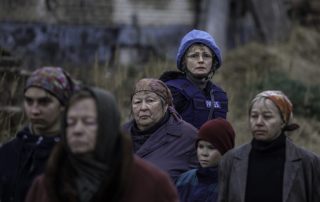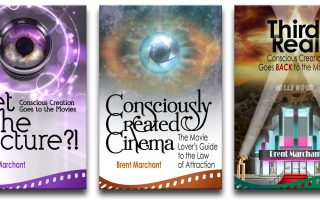‘Words of War’ courageously exposes a terrible truth
As much as one would like to believe that humanity is capable of great things, we’ve also seen many instances where the opposite, unfortunately, is true. And, to make matters worse, many of those unsettling developments remain out of view, hidden in the shadows – that is, until someone comes along to courageously expose them. Those revelations often come at tremendous personal cost, too, but, when the world becomes aware of such horrors, opportunities for change, justice and healing begin to emerge. Such are the hopes offered up the gripping new fact-based historical drama, “Words of War.”













